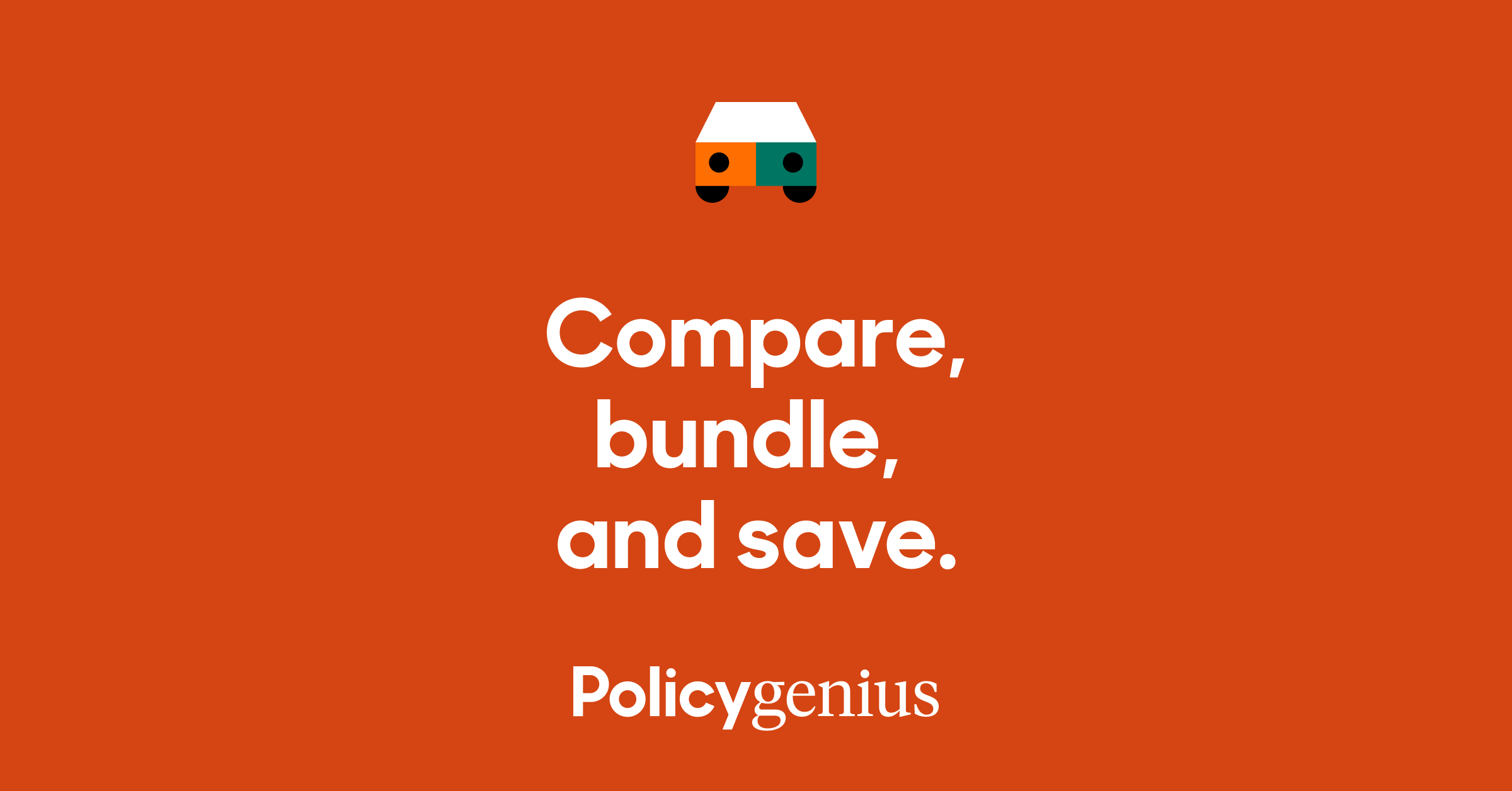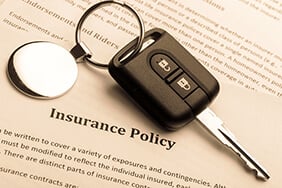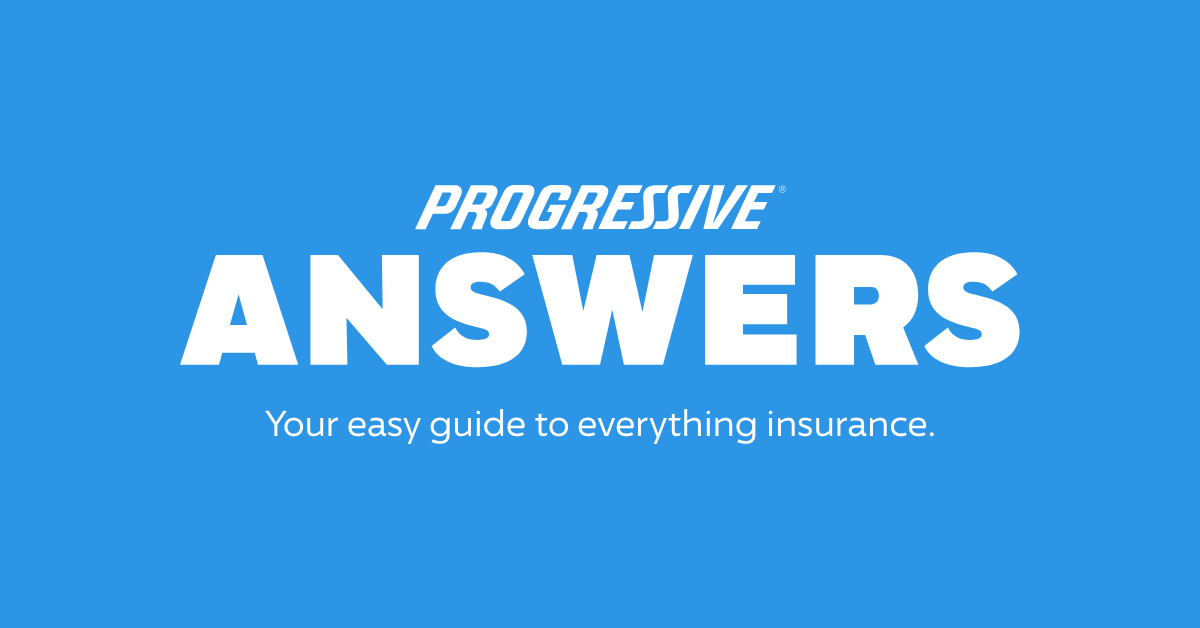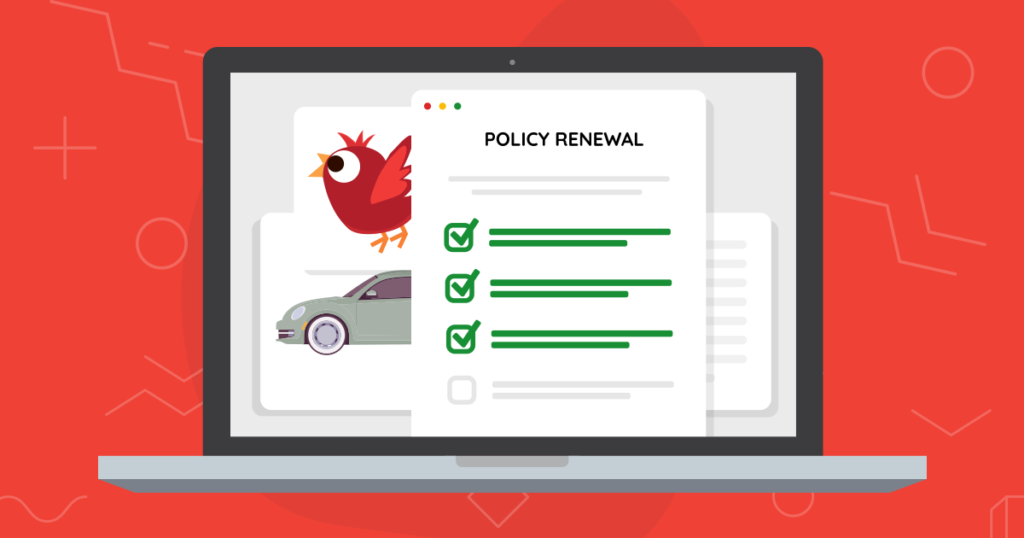Car insurance is a type of financial protection that covers the cost of another driver’s medical bills and car repairs if you cause an accident with your car, or in case your car is stolen or damaged some other way.
Car insurance is a type of financial protection that covers the cost of another driver’s medical bills and repairs if you cause an accident with your car, or in case your car is stolen or damaged some other way.
Andrew Hurst is a senior editor and a licensed auto insurance expert at Policygenius. His work has also been featured in The New York Times, The Wall Street Journal, Forbes, USA Today, NPR, Mic, Insurance Business Magazine, ValuePenguin, and Property Casualty 360.
Britta M. Moss, CPCU, SCLA, AIC-M, has over 25 years of insurance industry experience. In her work as a property and casualty claim consultant, she provides consultation and expert witness services in claim handling standards, practices, and norms. She has been retained by law firms representing plaintiffs and those representing insurer defendants involved in disputes or litigation regarding coverage analysis, investigation, liability determination, damage evaluation, negotiation and settlement. She is a graduate of The Ohio State University.
Car insurance protects you from paying for another driver’s injuries and repairs by yourself after you cause a collision. Some types of insurance also pay for damage to your own vehicle. To use your car insurance, you must file a claim. Once you make a claim, your company will evaluate the damage and pay a settlement up to your policy’s limits.
Most states and many lenders require you to carry auto insurance coverage. In order to keep your car insurance policy active, you’ll have to pay your monthly premiums on time. If your policy lapses, you’ll be unable to drive legally and pay more for coverage in the future.























